Scientific Collaborations Are Precarious Territory for Women
Closed networks and ingrained biases can make women's collaborations a balancing act.
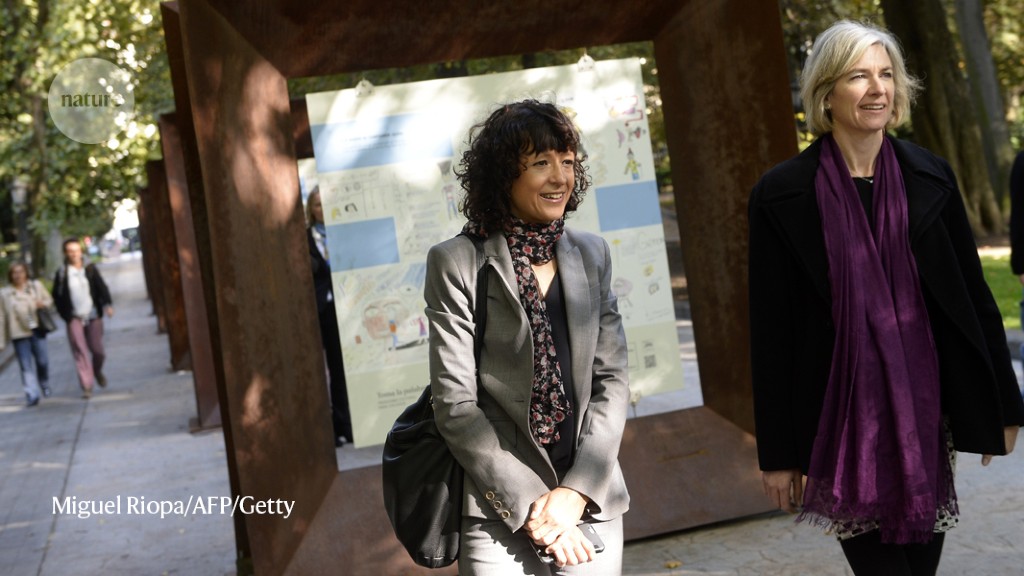
opinion articles
Send us a link
Closed networks and ingrained biases can make women's collaborations a balancing act.

How has the pandemic changed public access to journal articles?

This post offers recommendations for how funding agencies and research institutions can better lead the change toward open access.
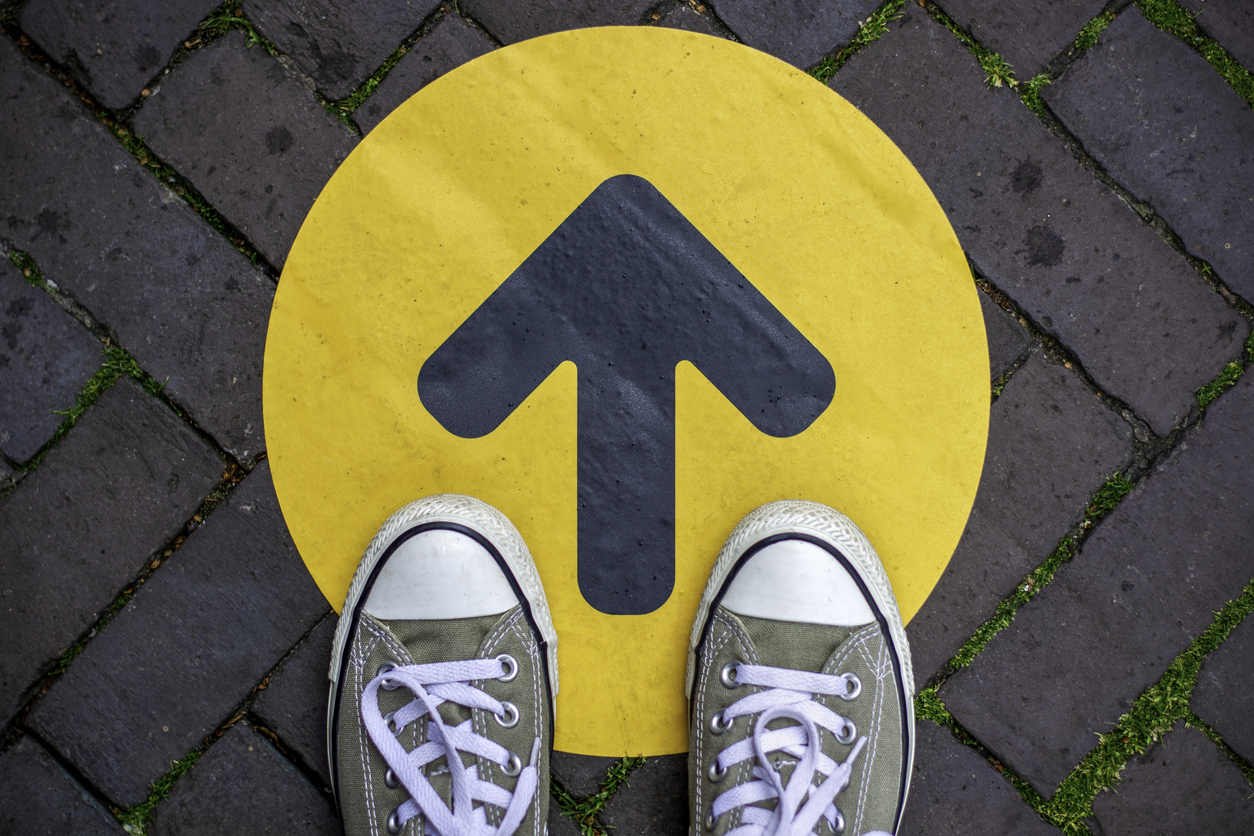
As she closes the door on her time in academia, a neuroscientist faces unexpected grief.
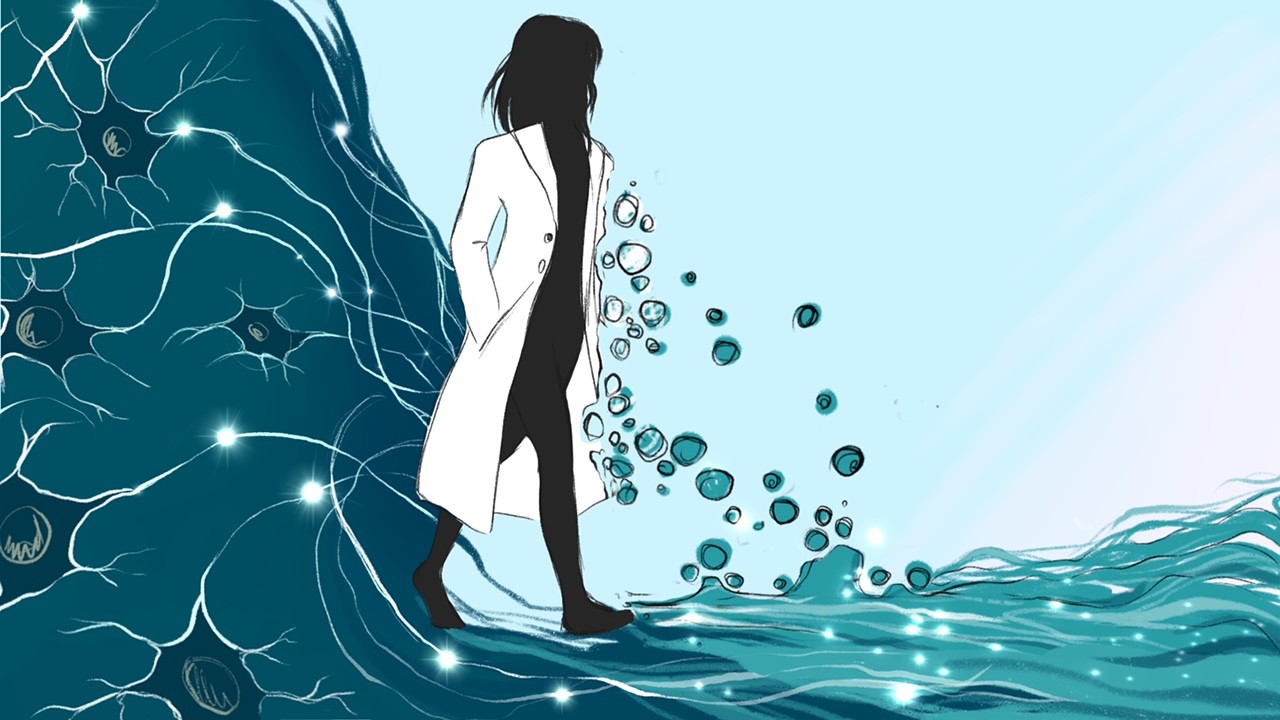
Covid forced the world to develop some of the best epidemiological surveys ever done. Now they're being cut back, even as the threat of the virus lingers.

Academics too often use intellectual attainment to excuse abusive behavior. That needs to stop.
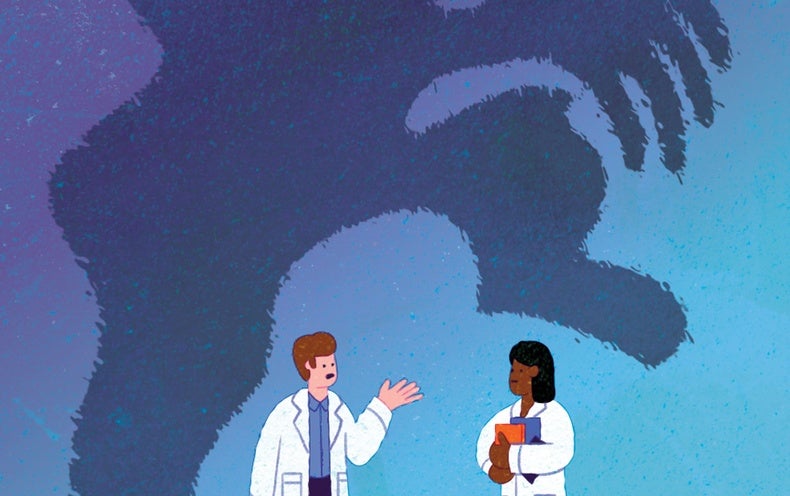
The open data revolution won't happen unless the research system values the sharing of data as much as authorship on papers.
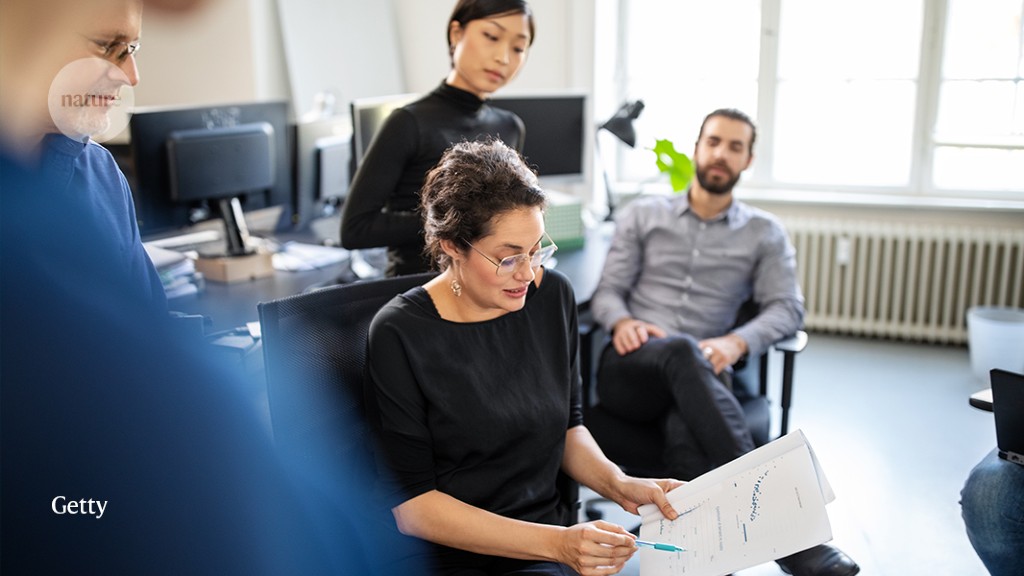
This post looks at the progress that's been made toward open research data -- what's been achieved, what still needs work, and what happens next?
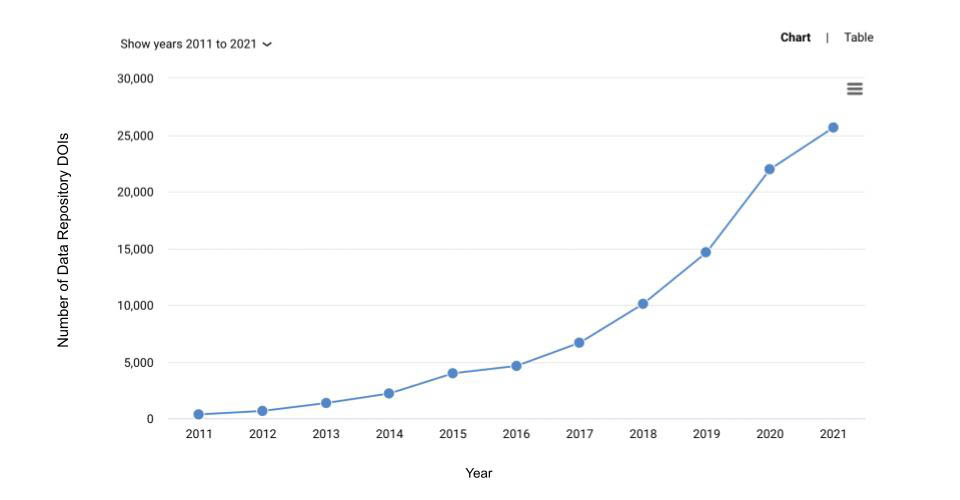
In the second year of the Horizon Europe programme, the United Kingdom and Switzerland are not formally associated with the largest research and innovation funding programme in the world.
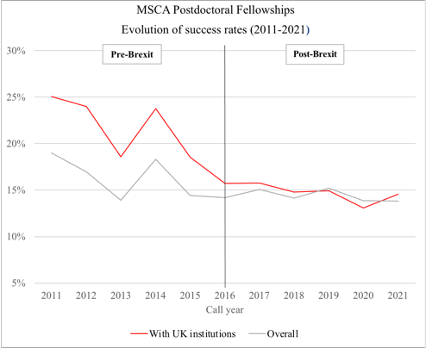
If the vaunted features of science that are used rhetorically to promote and justify its status as an aid to international affairs are truly valued, it would be precisely in the most trying circumstances that science diplomacy should remain a viable alternative.
Whether it's about COVID or badger culls, the science can be unclear. But the public must hear about it from the researchers, not from government press officers.
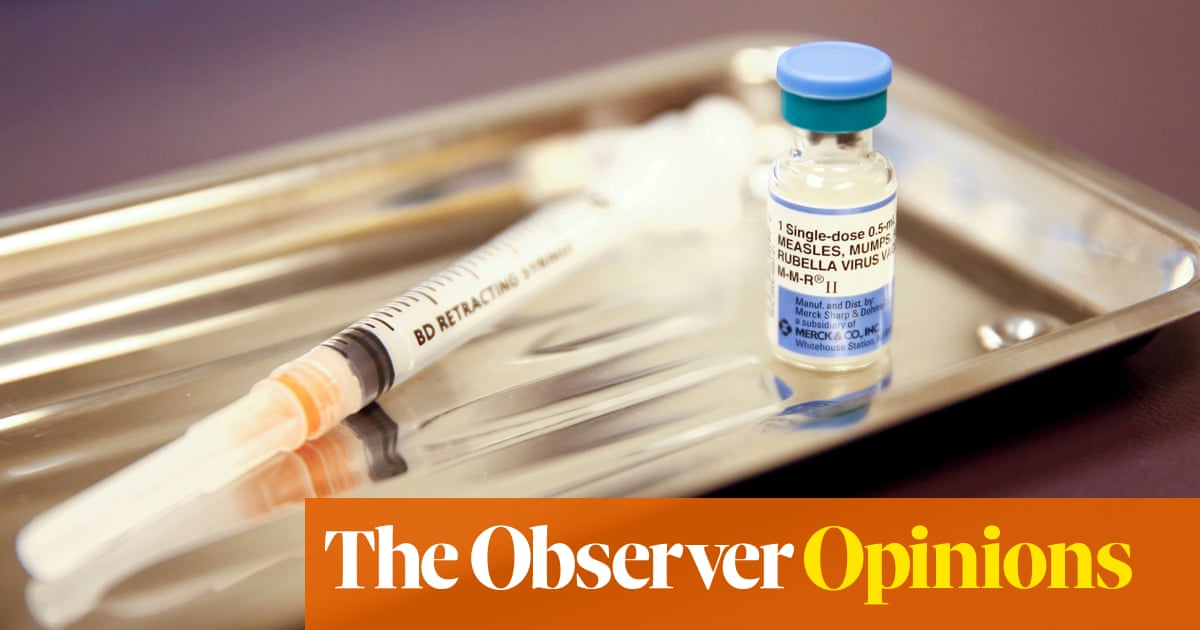
Redesigning social media to improve society requires a new platform for research.
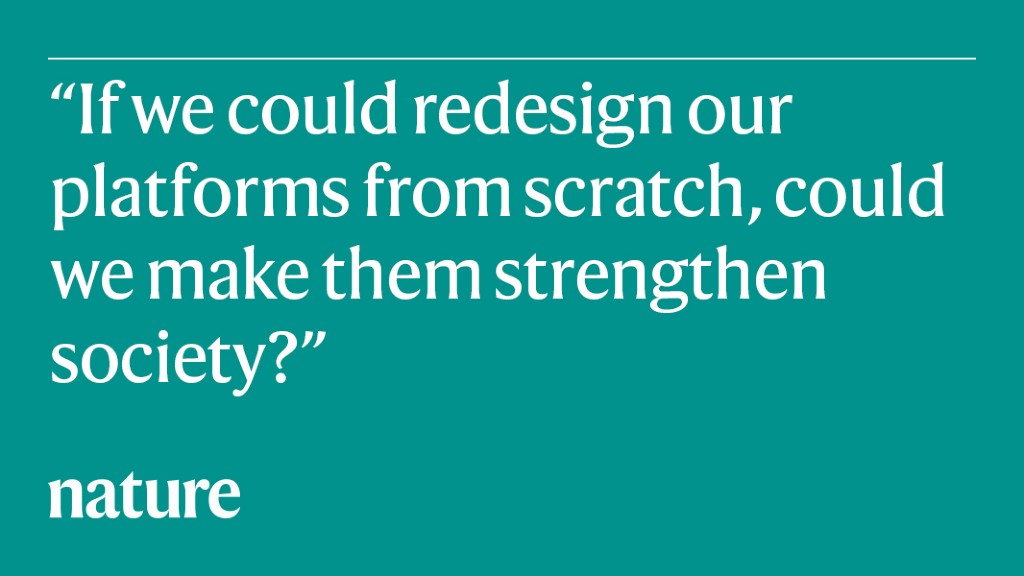
Prof Danny Altmann, immunologist at Imperial College London, says UK's approach fails to take the impact of infections seriously
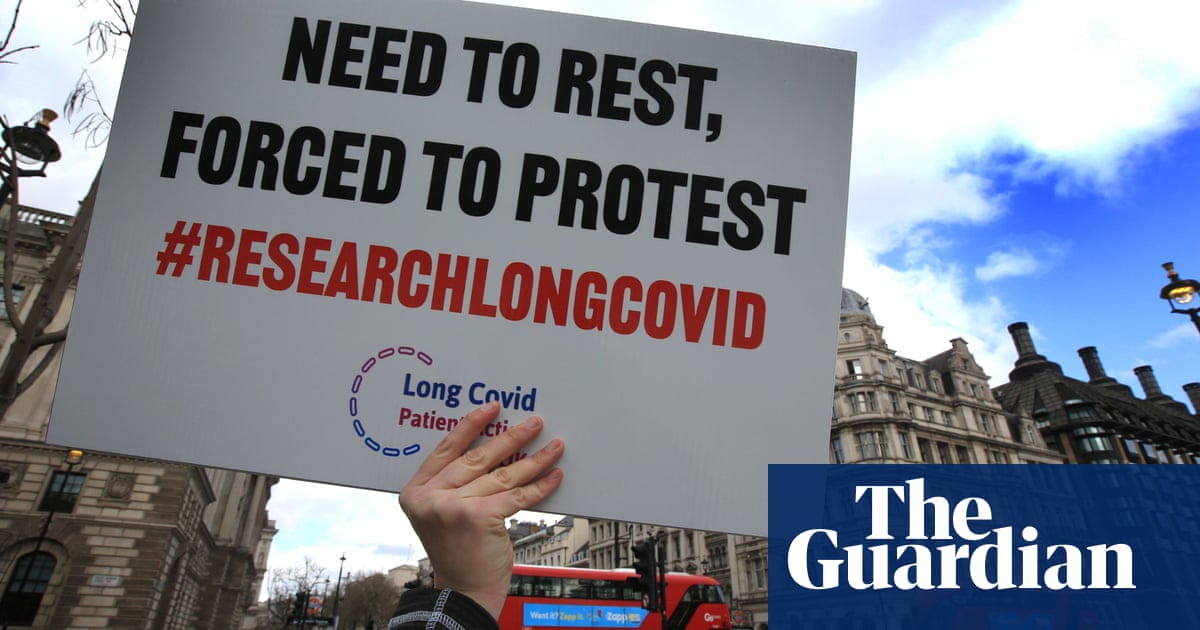
To live with the coronavirus, we cannot be blind to its movements.

Researchers must try to resolve a dispute on the best way to use and care for Earth's resources.
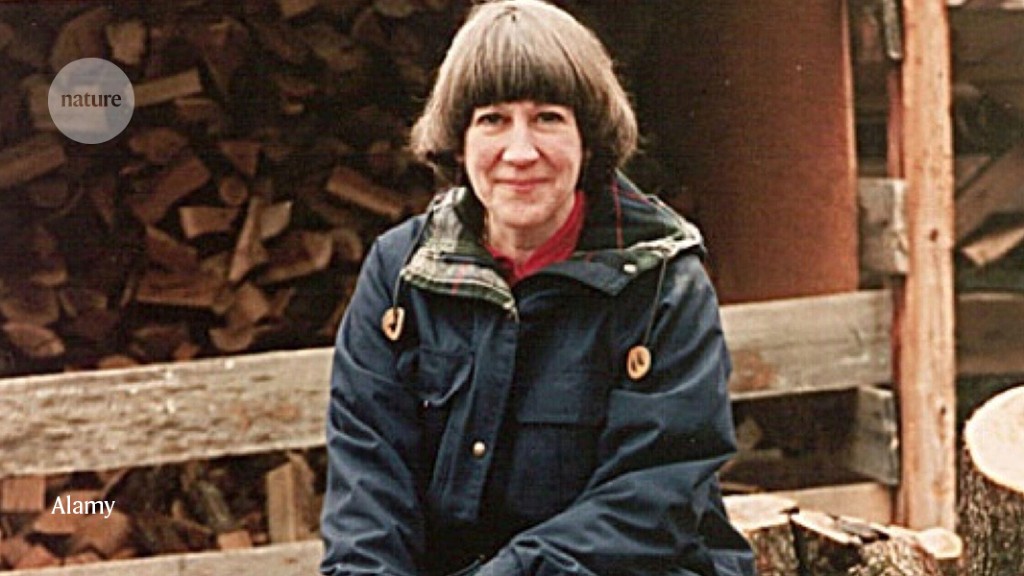
If researchers want to have maximum impact, women must be at the table.
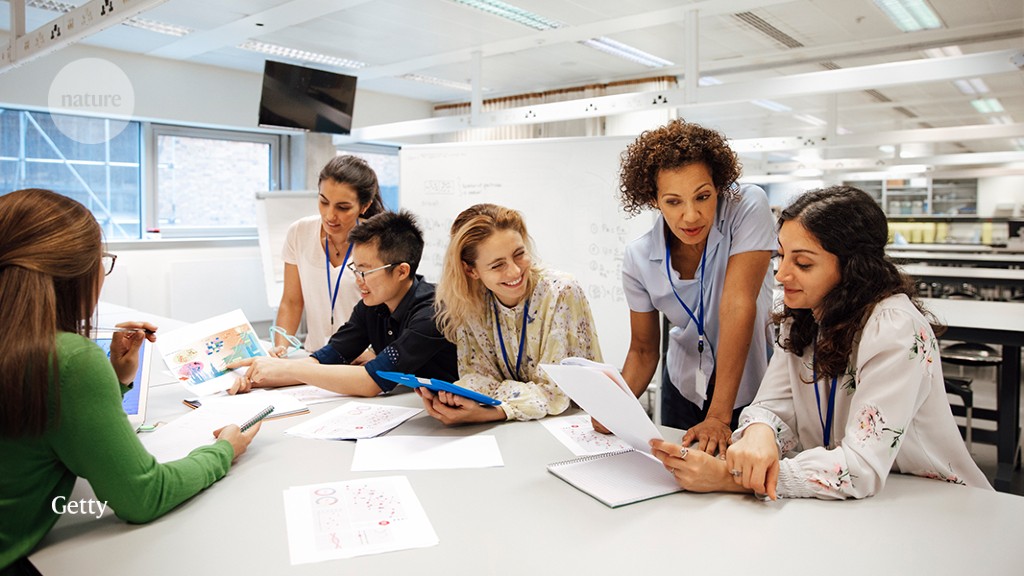
Two years since COVID-19 forced labs to shut down, group leaders describe how academic research has changed, perhaps forever.
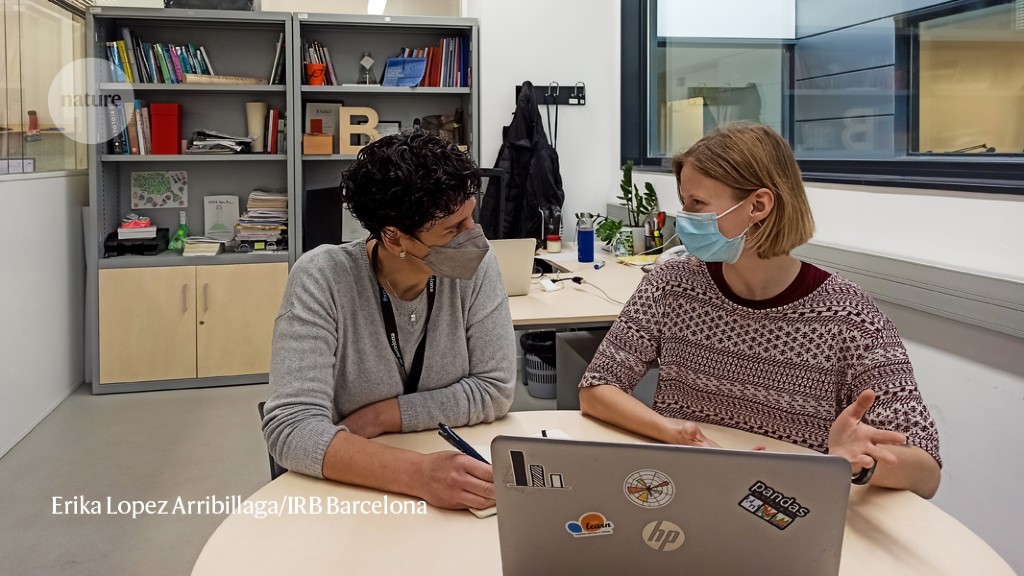
This International Women's Day, let's start working towards ending gender discrimination in science for good.
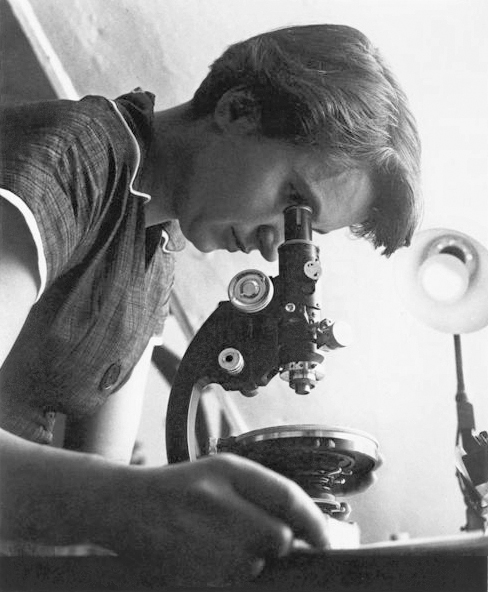
For about 20 years, Swedish medical university Karolinska Institutet has maintained a partnership with one of Russia's main cardiology clinics, the Almazov National Medical Research Centre in St. Petersburg. This institutional tie was abruptly suspended on 2 March, as part of Sweden's sanctions for the war in Ukraine.
Stereotypes, biases and lack of recognition by teachers and mentors are destroying the confidence of talented female students and driving them from physical sciences, says Chandralekha Singh.
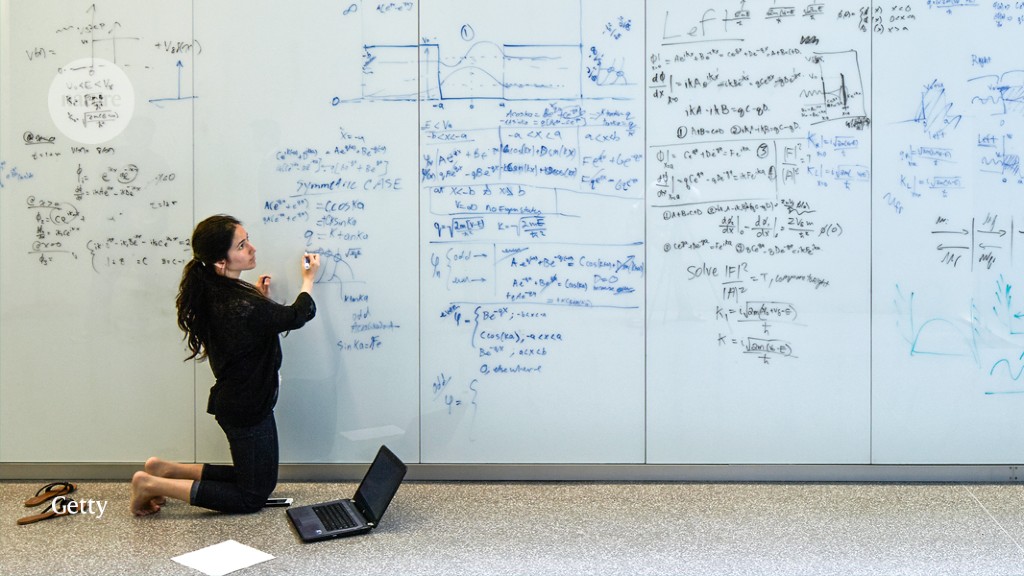
Review of a webinar featuring several key players in implementing Plan S, asking what lessons have been learned?
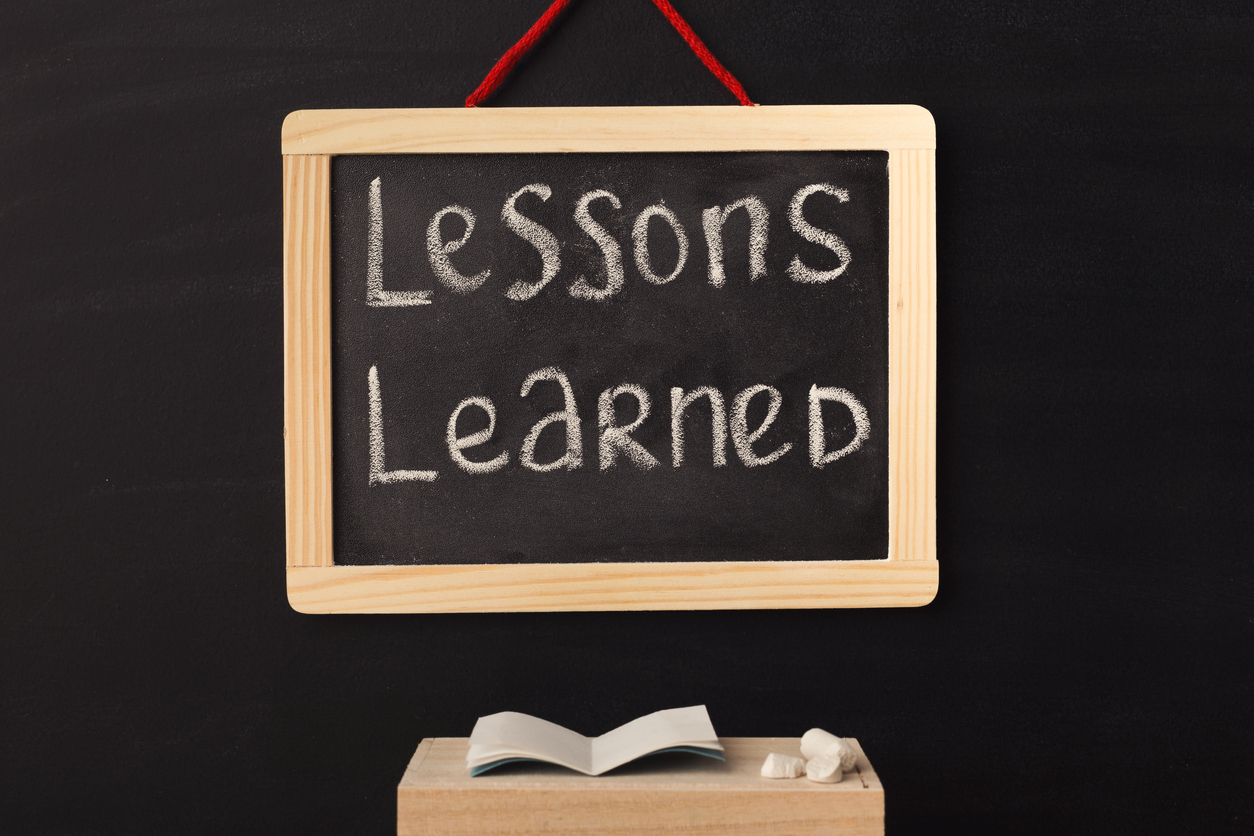
United Nations resolution on greening plastics is a positive step. As negotiations begin, they must be evidence-based.
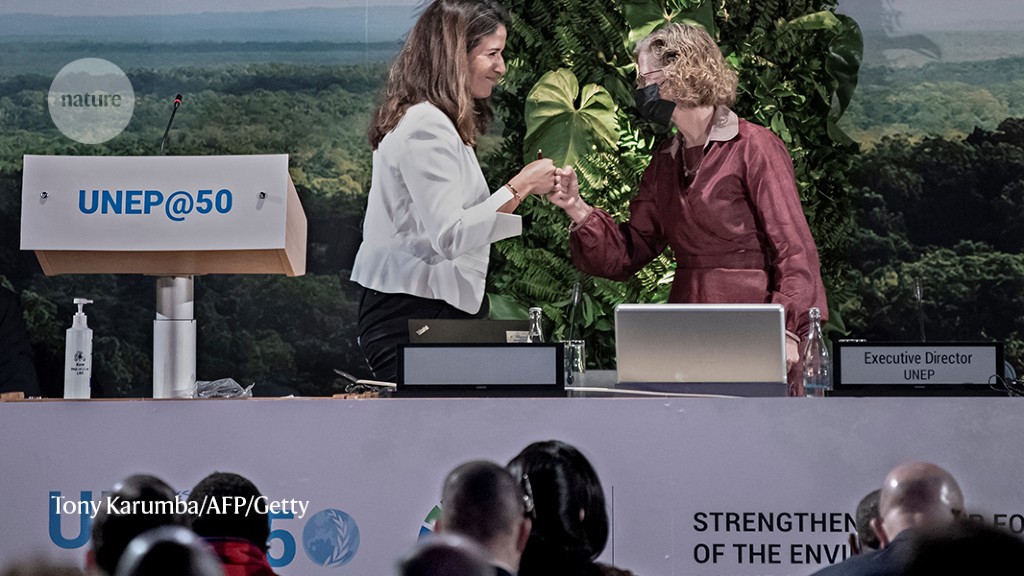
The goal is to get Russian scientists to "look at the facts".
Science is key to building resilience and averting future crises - but that is only possible if policy-makers listen to and trust in both the science and the scientists.